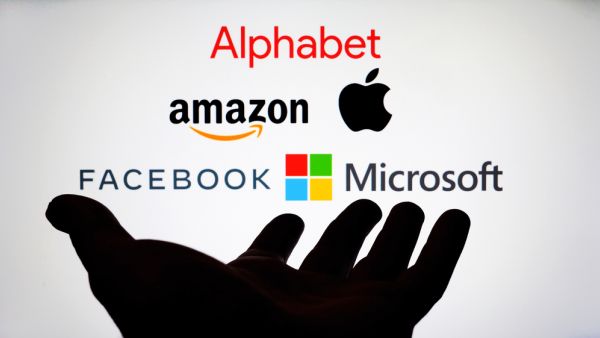The rise of technology superpowers like Microsoft, Amazon, Apple, Facebook, and Google has created new challenges for the competition watchdogs, which enforce antitrust laws around the world.
More so in the European Union, the most aggressive jurisdiction so far, vis-à-vis the Big Tech.
The EU has spent two decades targeting the tech giants. A long battle against Microsoft was followed by record-breaking fines for Google of more than $9bn.
It’s currently got antitrust investigations going into Amazon and Apple as well as an early-stage probe into Facebook.
Determined to do more, the EU is now set to unveil sweeping legislation meant to enable regulators to head off bad tech behaviour before it happens or to respond with more potent punishments - including the ability to break firms up - when it does.
In the US, the Justice Department, the Federal Trade Commission and a nationwide group of state attorney generals have all opened antitrust investigations of one or more of the tech giants.
A monopoly-abuse lawsuit in the works by the Justice Department against Alphabet Inc’s Google has the potential to become the biggest US antitrust case since the one against Microsoft in 1998 for abusing its monopoly in computer operating systems.
Make no mistake, the tech giants are powerful.
In the US, Google and Facebook together collect more than half of digital advertising spending and Apple has about 46% of the smartphone market.
The House antitrust report has estimated that 50% or more of US e-commerce sales go through Amazon.com; that 99% of mobile devices in the US and globally run on Apple’s iOS or Google’s Android systems; that Google captures about 89% of all general search queries in the US; and that Facebook’s app reached 74% of US smartphone users as of December 2019.
For sure, tech giants have leverage over both producers and consumers. They are also growing by snapping up potential rivals that might threaten market share.
Data compiled by Bloomberg shows the Big Five - Alphabet, Amazon, Apple, Facebook, and Microsoft - made more than 600 acquisitions in the last decade worth more than $200bn.
None may be more controversial than Facebook’s acquisition of Instagram in 2012. Critics say the takeover eliminated an emerging competitor that on its own would have come to rival Facebook in social media.
The companies also have control over vast amounts of data about their customers, raising concerns about threats to privacy.
Silicon Valley executives are waking up to the backlash, striking a more conciliatory note and saying they want to work with authorities on a range of challenges.
As a matter of fact, antitrust lawsuits are hard-to-win, long-drawn-out fights, especially in the US.
Heavy fines can easily be shrugged off by the cash-rich giants, while regulations aimed at specific practices often fall behind in the fast-moving technology sector.
Whatever the outcome, though, the host of cases can go a long way to reshape industry structures, markets, and even technologies that emerge on the other side.








